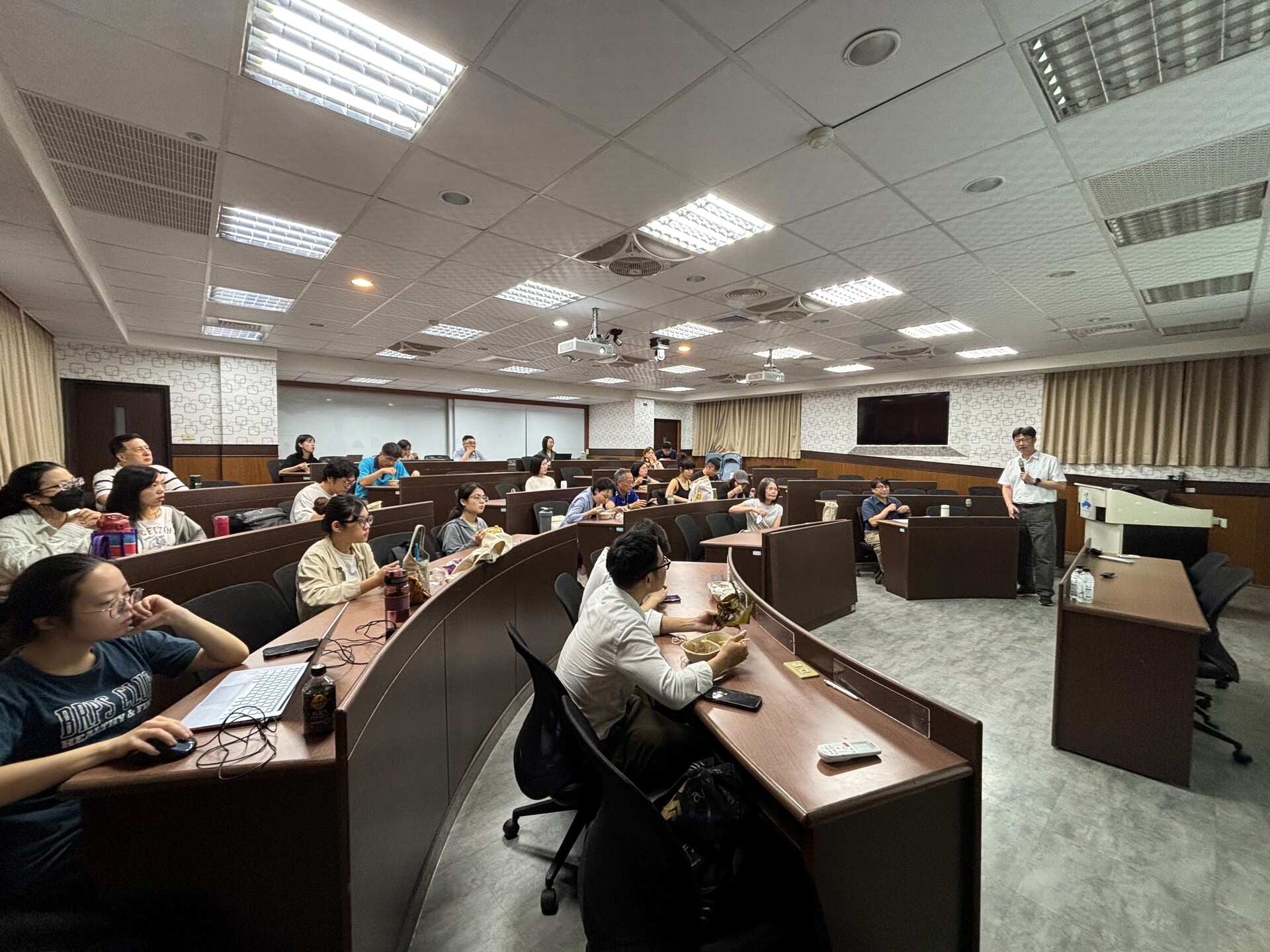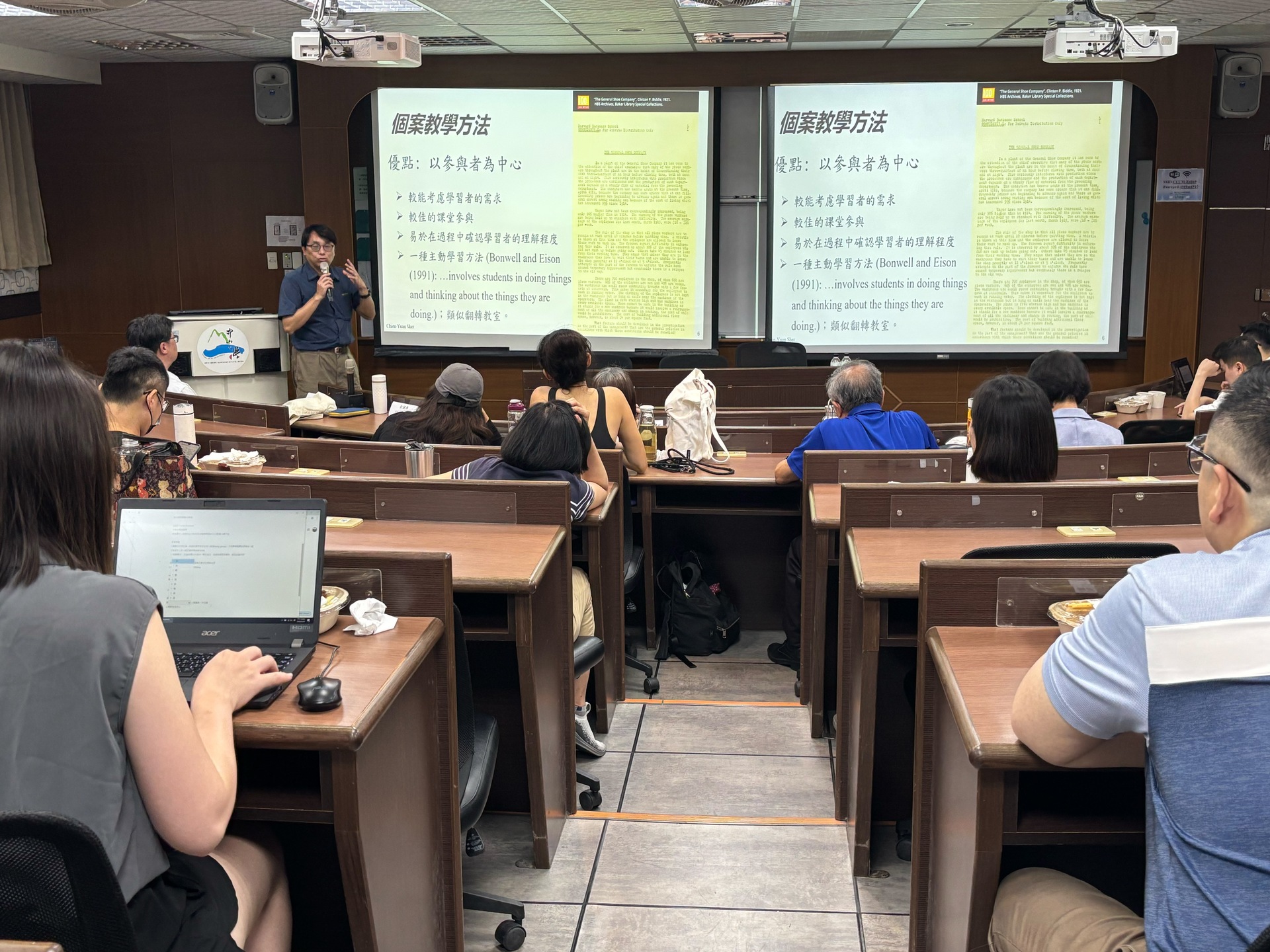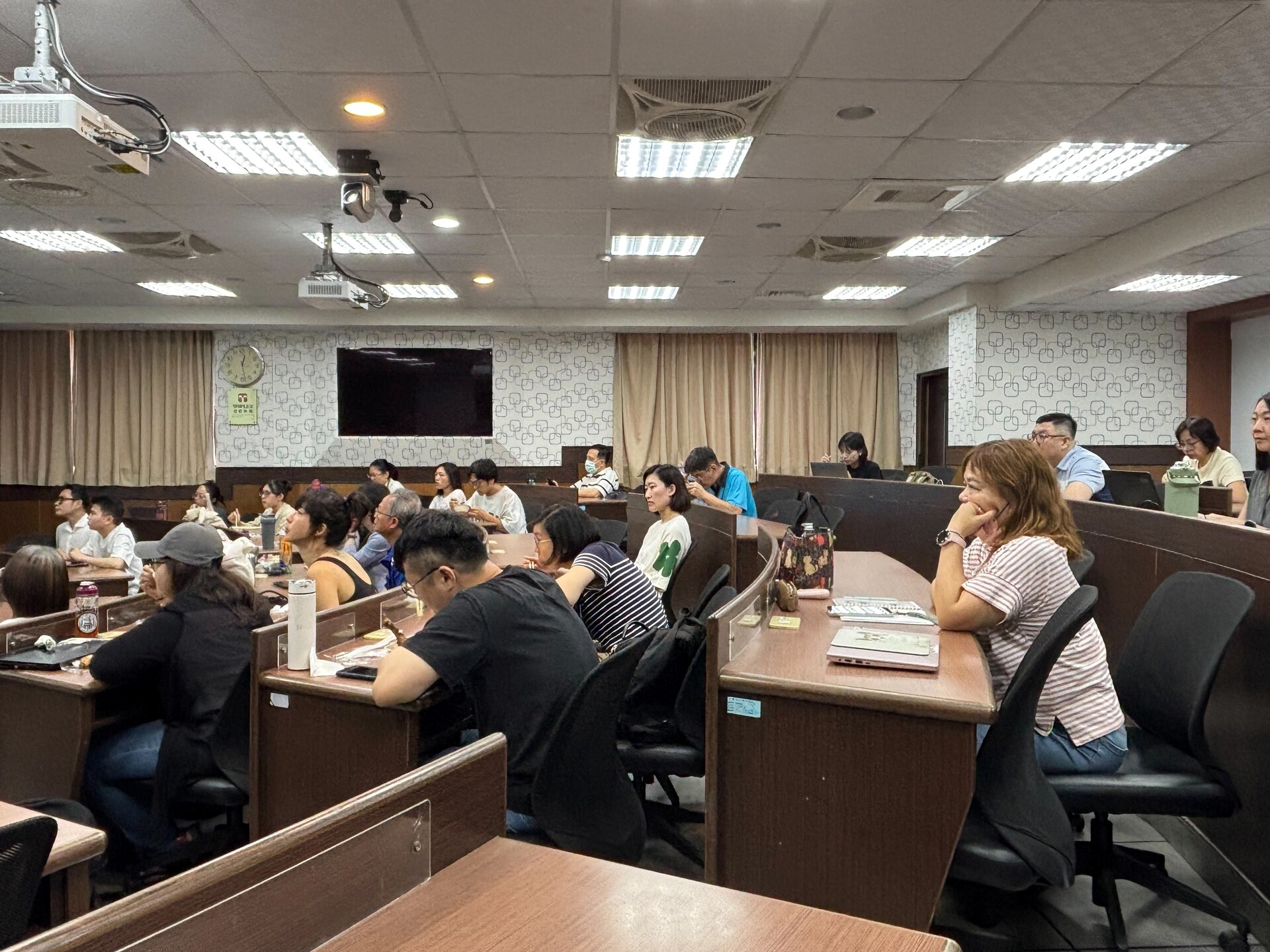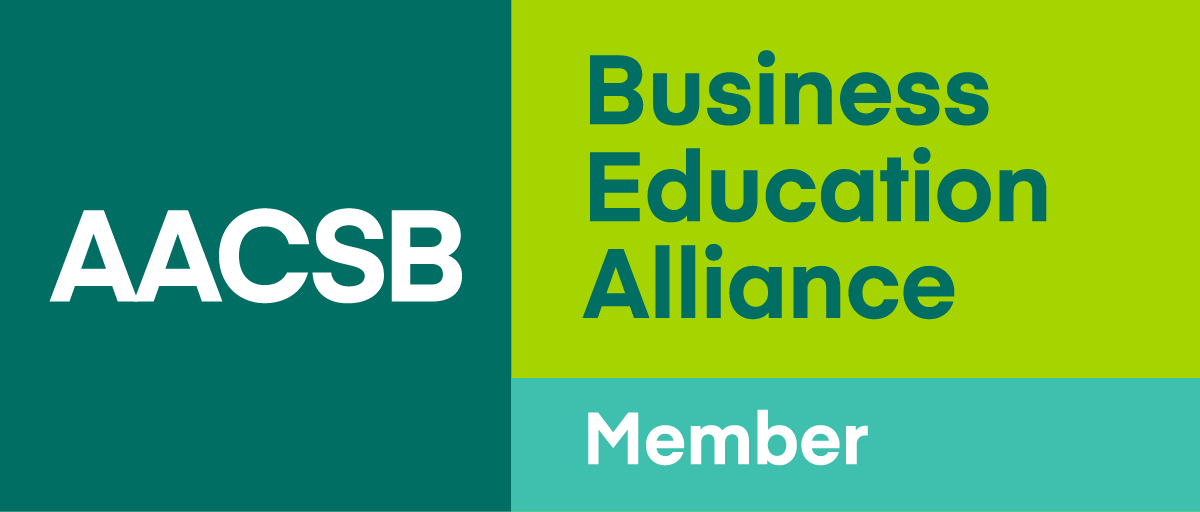[OAD] NSYSU Professors Return from Harvard: What Surprised and Inspired Them? The Secret Lies in This Unique Pedagogical Approach



Harvard University, one of the most prestigious institutions in the world, is known not only for imparting knowledge but also for shaping future leaders' mindsets and vision. On May 29, 2025, the Office of Academic Development at the College of Management hosted a special sharing session featuring Associate Professor An-Shou Cheng from the Institute of Communication Management and Associate Professor Chien-Yuan Sher from the Department of Business Management. The two professors shared their recent experiences attending the “Global Colloquium on Participant-Centered Learning (GloColl)” and the “Case Writing Workshop (CWW)” at Harvard Business School (HBS), exploring how such experiences could inspire innovative teaching practices in Taiwan.
The session centered on how HBS builds a highly interactive and thought-provoking learning environment by anchoring its pedagogy in participant-centered learning, integrating case-based teaching and structured group discussions. “At Harvard, students are the core of the learning process, while instructors play the role of designers and facilitators,” noted Professor Cheng. “Through case discussions, role plays, and group debates, students are challenged to think critically and integrate knowledge across disciplines.”
Professor Cheng provided a detailed overview of the GloColl curriculum, including strategies for setting learning objectives, introducing cases effectively, applying quantitative teaching methods, and incorporating multimedia tools. He also highlighted the “Living Group” model, which assigns participants to shared accommodations and encourages morning group discussions—fostering international collaboration and deeper intellectual exchange among faculty from around the globe.
Professor Sher focused on insights from the Case Writing Workshop, describing case writing as akin to crafting a theatrical performance—meticulously designed from preparation through delivery. He emphasized that high-quality cases must be rooted in real-world decision-making contexts, blending theory with practice, and prompting students to re-examine their assumptions. “A well-written case,” he explained, “should provoke deep dialogue and lead to effective learning.”
He also pointed out that to promote participant-centered learning in Taiwan's higher education context, it is essential to develop a supportive ecosystem. This includes institutional resources such as teaching assistants, faculty learning communities, and adjusted promotion mechanisms to encourage and sustain innovative teaching practices.
Additionally, Professor Sher shared how HBS has recently placed increasing emphasis on ethics education. HBS frames its educational goals around three pillars: Doing (practical skills), Knowing (knowledge acquisition), and Being (values, attitudes, and worldview). He observed that traditional education often overemphasizes content knowledge while neglecting the cultivation of soft skills and personal values—resulting in students who may be technically competent but lack leadership presence and a sense of social responsibility. HBS thus advocates for the integration of ethical education into course design in ways that go beyond surface-level discussions, aiming instead to embed these values into students’ core competencies.
(Contributed by the Office of Academic Development / Edited by CM Media Team)




